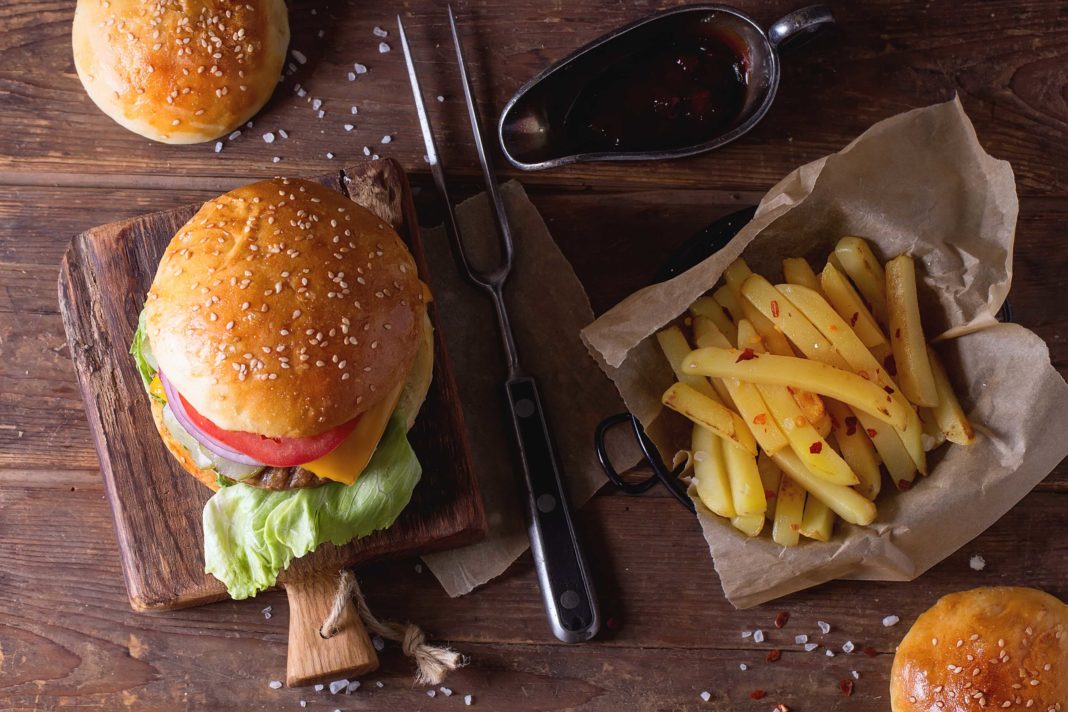The second annual SuperValu Home Truths II Report, developed in conjunction with Dr. Mary McCreery, consultant dietician nutritionist at Blackrock Clinic, Dublin, contains some encouraging and convincing evidence that, as a nation we really believe in the benefits of cooking from scratch, with virtually everyone saying that it gives them control over what is purchased, cooked and eaten, however, time and cooking skills are still cited as the deterrent for most of us.
SCRATCH COOKING – THE NATIONAL PICTURE
The report unveils a real age divide in attitudes and behaviour towards cooking. Nearly 60% of Irish adults over the age of 45 cook from scratch at least 6 times per week, with their younger counterparts finding cooking from scratch much harder – but less than 40% of those under 34 years managing to do so as often.
This is despite acknowledging that it’s healthier to cook from scratch, with almost everyone of all ages believing that it is healthier (93%), and that it allows them control over the contents of their food (91%).
However other factors are at play too; 37% of under 34 years olds say they don’t cook from scratch out of pure laziness; 31% are looking for inspiration in what to cook and 16% say they don’t know how to cook.
Cooking skills are a particular issue for the younger generation and the fact that only 10% of adults cook with their younger children means that situation is going to get worse, not better.
Nearly three quarters (71%) of adults under 34 also admit to having a take away at home at least once a week, if not more often – with 50% eating at least one meal from a fast food restaurant per week. This compares to just 42% of those over 45, who have at least one take away at home per week and only 20% eating weekly in a fast food restaurant.
An emerging trend for these time-poor groups is cooking from scratch at weekends and freezing meals; with 82% of those under 34 saying it saves them time during the week.
MEAL TIME PATTERNS AND BEHAVIOURS
Interesting behaviours in relation to weekly meal occasions were also revealed, with over 4 in 5 families with young children having a family dinner at least weekly.
The Sunday Roast remains the preferred weekly get together for 2 in 5 of us, with almost a third of us (33%) trying to make the Sunday roast a little healthier. However, less than half of us have a Sunday roast weekly with 1 in 4 having a Sunday roast less than once a month.
9 in 10 of us are having a cheat/treat meal every week – with takeaways the most popular (71%) and 42% saying it is their most popular cheat meal. Again, looking at the younger demographic, 84% of 18-34 year olds eat a takeaway as their treat/cheat meal while 62% of 35-44 year olds eat a ready meal as their cheat/treat meal.
PERCEPTIONS AND MISCONCEPTIONS
The report had some interesting insights into misconceptions or perceptions of what constitutes a healthy meal – especially a healthy breakfast or a home cooked dinner, with some surprising results.
Again, there is evidence of an age divide here, with 18-24 year olds believing smoothies/cereal bars are healthier options for breakfast while those over 55 believe tea and bread/toast is the healthy way to start the day.
At the same time, fruit, porridge and eggs top the list as healthy breakfast option in most people’s minds, though not reflected in their behavior.
A “healthy dinner” also means different things to different people. 81% of adults believe that including fresh vegetables along with a balance of meat constitutes a healthy, home cooked dinner while 61% believe that it is a meal cooked from scratch (whatever the ingredients). 61% think its low in salt and 59% think it means a meal with no processed food or additives.
The survet report was carried out by RED C with a random representative of over 1,000 adults aged 18+. On the back of the release of the report, SuperValu has launched the Good Food Karma Project which is aiming to inspire the nation to get healthier and happier by cooking more meals from scratch.












